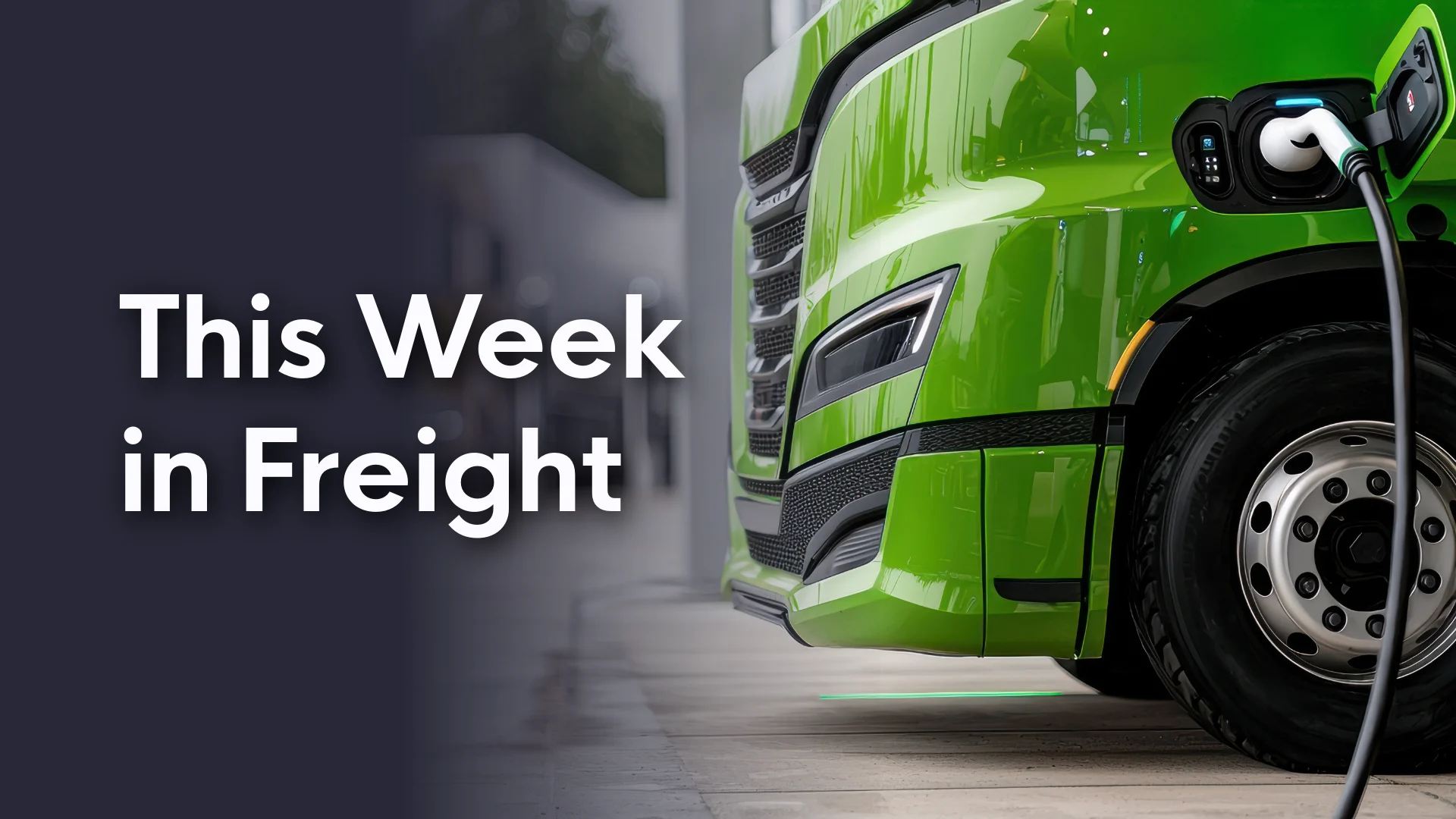Running a haulage company or managing road freight in the UK means you’re always looking for ways to scale operations. As your business grows, you may find that handling larger volumes of goods requires a solution that helps with customs duties and storage. This is where a bonded warehouse comes into play.
A bonded warehouse offers several advantages for those involved in logistics, particularly for businesses working internationally. But how does it differ from an ETSF (External Temporary Storage Facility), and when should you consider one over the other?
What we’ll cover
What is a bonded warehouse?
A bonded warehouse is a secure storage facility where imported goods can be held without immediate payment of customs duties and VAT. These fees are only paid once the goods leave the warehouse, making it easier for haulage companies and freight forwarders to manage cash flow.
The primary benefit of using a bonded facility is the ability to store goods for an extended period without having to worry about customs duties straight away.
This can be especially helpful if your business is importing goods in large volumes, allowing them to defer payments until the items are ready to be distributed. If you regularly deal with international trade, this storage option offers flexibility, making it easier to manage stock and ship goods efficiently.
Bonded warehouses also provide added protection, as they are often monitored and regulated by customs authorities. This means your goods are stored safely until they’re ready to be shipped or sold, adding an extra layer of control over your supply chain.
When do you need a bonded warehouse?
For haulage companies expanding their fleet and services, a bonded warehouse becomes a smart choice when managing a high volume of goods, especially for businesses importing and exporting. If you’re handling products that will stay in storage for a while, the delay in paying customs duties can help free up your capital for other business expenses.
You may also benefit from using a bonded warehouse if you’re working with fluctuating markets or need more flexibility in when and where goods are delivered. It allows you to keep your products stored until it’s the right time to sell or ship, making your logistics more adaptable to market demands.
Another scenario is when your customers request international deliveries. If you’re freight forwarding or moving goods across borders regularly, the bonded warehouse can simplify things by letting you handle larger shipments while reducing immediate financial pressure from custom duties and import taxes.
Bonded warehouse vs. ETSF facility
While a bonded warehouse is all about delaying duty payments and providing long-term storage, an ETSF facility focuses more on temporary storage. ETSFs are places where goods can be held before they clear customs, which can be convenient if you regularly work on tight schedules.
In an ETSF, goods are stored for a short period before they either move into a bonded warehouse or are cleared and sent to their destination. ETSF facilities can be located near ports, airports, or even inland, making them useful for companies that frequently deal with imported or exported goods needing swift customs clearance.
The key difference between a bonded warehouse and an ETSF is the timing.
An ETSF is used for temporary storage, usually for goods that are still in the process of clearing customs. In contrast, a bonded facility is for longer-term storage, where you can keep goods indefinitely until you’re ready to pay customs duties.
For road freight shippers, understanding when to use an ETSF versus a bonded warehouse is important.
If you’re dealing with time-sensitive deliveries, ETSF facilities offer quicker movement through customs, allowing goods to be processed and moved along swiftly.
On the other hand, a bonded warehouse is ideal when your business is more focused on long-term storage and delayed payments.
Key benefits of using a bonded warehouse
One of the major advantages of a bonded warehouse is the ability to postpone duty and tax payments.
This delay can significantly improve your cash flow, allowing you to reinvest the money saved into expanding your fleet or hiring more drivers. For haulage companies that work with large orders or need to store goods for a long time, the savings can be quite substantial.
Another benefit is the added security that bonded warehouses provide.
Customs authorities oversee these facilities, meaning your goods are protected while in storage. This level of control can reduce the risk of theft or damage and give you peace of mind, especially when storing high-value items.
Bonded facilities also make it easier to handle large or complex shipments without overwhelming your cash reserves. This flexibility is particularly useful for road freight shippers aiming to scale operations, as it allows them to import goods in bulk and store them until they’re ready for distribution or sale.
How ETSF facilities support growing logistics operations
ETSF facilities are a great fit for logistics companies looking to grow their operations, and are also used by NVOCCs and freight forwarders. These facilities support the quick clearance of goods at customs, which is especially useful if you’re handling time-sensitive deliveries or want to move products as quickly as possible.
Using an ETSF can make customs processing smoother and faster, keeping your deliveries on schedule. For UK road freight companies, this means you can maintain efficiency while scaling up. With the ability to store goods temporarily and push them through customs without delay, you can keep your fleet moving and reduce downtime.
An ETSF also helps when you’re importing or exporting on a regular basis. Instead of waiting for customs clearance at the point of entry, goods can be stored at an ETSF while you handle other aspects of the logistics process. This keeps your operations flowing smoothly without unnecessary delays.
Conclusion
For haulage companies and freight forwarders looking to expand, understanding the benefits of both bonded warehouses and ETSF facilities is important for making the right choice.
A bonded facility is ideal for those looking to store goods long-term and delay customs payments, offering greater flexibility and financial relief. In contrast, an ETSF is perfect for businesses needing fast customs clearance and short-term storage.
As your logistics needs grow, or if you’re planning to grow your freight forwarding company, deciding whether a bonded warehouse or ETSF facility works best for your business can help you stay efficient, flexible, and competitive. With both options available, you can manage goods more effectively while scaling up your operations.




